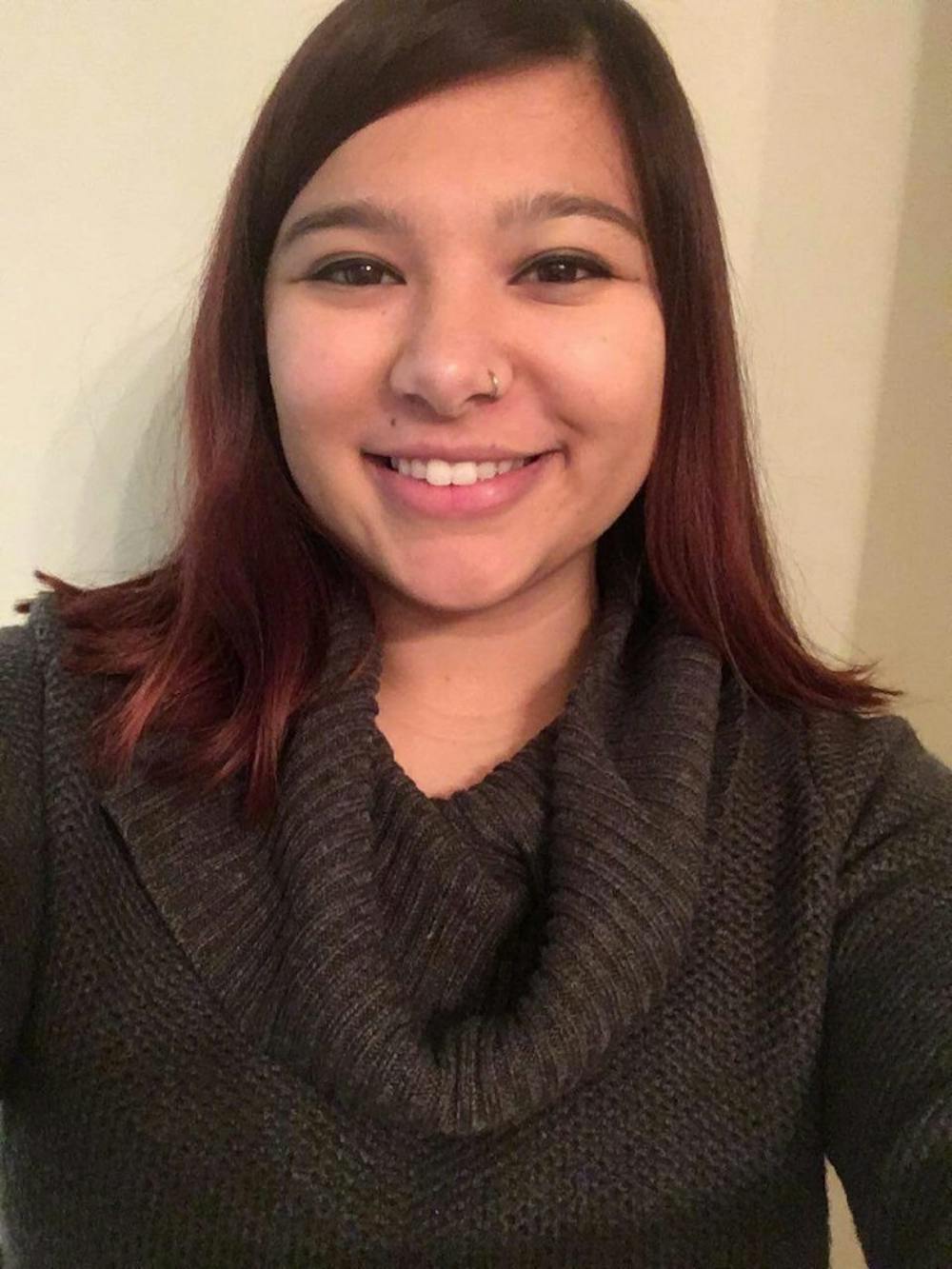This year marks the 50th anniversary of the most tumultuous year the world has ever seen. Here in America, the assassinations of civil rights leader Martin Luther King Jr. and presidential candidate Robert F. Kennedy within two months of each other rocked the country, along with the anti-Vietnam War protests. Many of the events from 1968 that society focuses on are the ones that involved violence. Riots broke out across America in the month following Dr. King’s assassination, with the biggest and most notable one occurring right here in D.C.
Workplace discrimination, police brutality and poverty were entrenched in the lives of African-Americans long before his assassination, but Dr. King’s death served as the ‘last straw’ for many people facing these frustrations. Though these riots are instrumental in understanding the state of race relations in the country during the decade, this cannot be where our studies end. There were other important efforts taken before and after Dr. King’s assassination to address these injustices.
In 1968, D.C. was also home to the Poor People’s Campaign. This campaign, planned by Dr. King, brought around 3,000 people to not only protest but to live on the Washington Mall in Resurrection City. The Poor People’s Campaign protested nationwide economic disparities. At the time, 25 million people were living below the poverty line. The struggles that inspired the People’s March are still prevalent 50 years later.
According to the 2017 census, about 45 million Americans live below the poverty line. Income inequality has grown and shows little signs of stopping. The top one percent’s share of the national income has nearly doubled since 1968 while the official poverty rate has seen little change.
A 2017 report conducted by a local advocacy group called D.C. Action for Children found that D.C., in particular, continues to struggle with similar issues, including certain Wards maintaining concentrated levels of child poverty and much lower median family incomes. The report stated that though child poverty has decreased overall in D.C., Ward 8’s child poverty rate was 49 percent in 2015, compared to Ward 3 with a rate of 2.9 percent. The median family income in Ward 7 decreased from $34,562 to $31,273 between 2006-2010 and 2010-2015, while Ward 2’s increased from $114,752 to $189,324.
Homelessness is still a prevalent issue as well. A report found that in 2017, DC’s homeless population still stood at 7,473, an increase of 8.9 percent over the last five years. The same report found that in this period, the number of homeless people in families increased from 3,169 to 3,890.
The D.C. Public Library leads the way in assisting D.C.’s homeless and low-income populations. By hosting a variety of programs to for job searching and learning computer skills, they help these populations directly. They also serve as a valuable resource to use and learn about the Poor People’s Campaign. In honor of the 50th anniversary, the D.C. Public Library is hosting a series of programs and events titled “The People’s University” to highlight the experiences that shaped 1968 locally and nationally. The main events include online exhibits about Dr. King’s experiences in D.C., personal archiving workshops that teach attendees how to preserve their family history, pop-up museums, and book talks.
As the D.C. Public Library notes on their site, they are committed to the spirit of the Poor People’s Campaign and “ensuring access to education, information and entertainment resources remain available for all.”
In honor of the 50th anniversary of that tumultuous year, we must utilize the D.C. Public Library’s resources and examine the Poor People’s Campaign to reflect on its history and vision. In doing so, we have the potential to draw upon the campaign’s unfinished work and reignite a movement that sought to unite poor people of all backgrounds.
Rebekah Escala is a senior in the School of Communication. She is an outside contributor. The opinions expressed by the author are theirs alone, and do not necessarily reflect the views of The Eagle and its staff.





